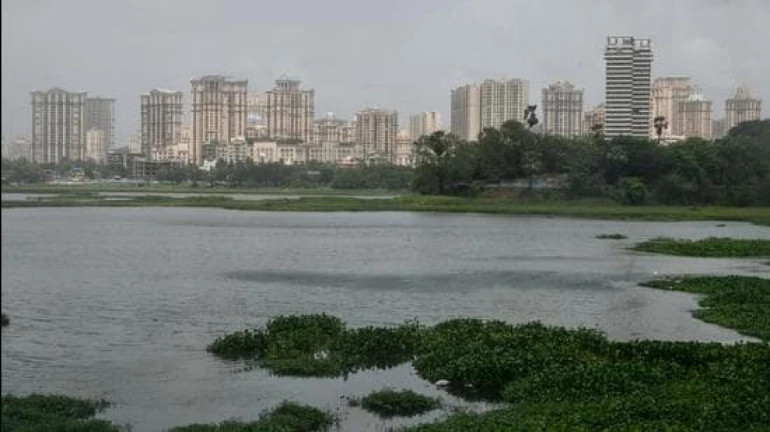
The environment received a “break” from human activities in the last two years, owing to the COVID-19 pandemic. This led to a reduction in the immediate impact of most people’s activities. Fridays For Future Mumbai, an independent, autonomous and volunteer youth-led environmental movement believes that the lockdown enabled the authorities to continue working on projects that they believe have a detrimental impact on nature including Mumbai Coastal Road and the portion of Mumbai metro car-shed in Aarey.
The movement commented, “While people were stuck in their homes, a sea-wall was begun to be built on Versova beach even though the court had put a stay on it, and similarly the bridge at the sea outside Worli Koliwada village proceeded to be built without considering the views of the residents who are dependent on fishing. Such activities are harming our future by worsening Mumbai's resilience to deal with problems such as floods, heat and pollution.”
Now with the ease of coronavirus restrictions, certain concerns have crept up, these include the increased utilization of electricity that could have ramifications on those residing near power plans. Additionally, with offices resuming in-person operations, vehicular congestion is anticipated to rise leading to additional emissions.
In light of this, the movement has recommended certain measures that the citizens can undertake to curtail the negative environmental ramifications:
In addition to this, the movement remarked, “Although these measures are important, systematic changes are needed. That means better policies, mitigation, adaptation plans and changes in the governance to make decision-making more science-based and democratic.”
They further elaborate on it by stating, “Currently, if a person decides to make the pro-environment choice of travelling by buses, they will have to wait for long durations at bus stops and also will get stuck in traffic which is caused primarily by private vehicle users. Thus, the system has to be made such that citizens are rewarded and not inconvenienced for making environment-friendly decisions in their lives”
This they believe can be done, for instance, by starting bus lanes and running buses at good frequency





